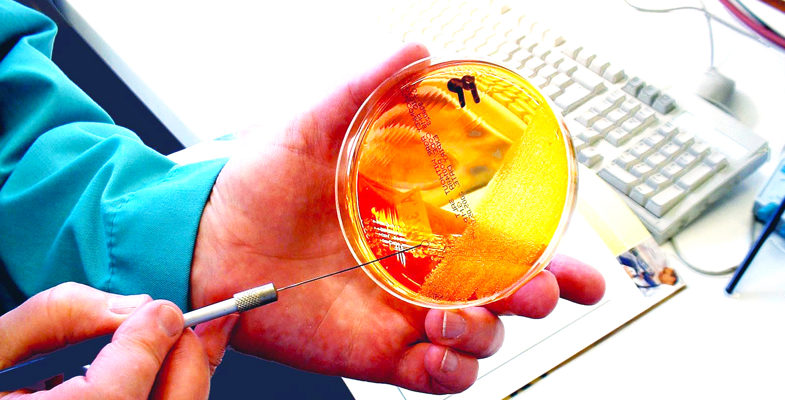Guidance and forms for medical trainees
A Reference Guide for Postgraduate Specialty Training in the UK (the “Gold Guide”, 10th edition) sets out the arrangements agreed by the four UK Health Departments for specialty training programmes.
Bringing CCT dates forward
During training, there are a number of reasons why a provisional CCT date might need to change.
There are three guidance documents that relate to bringing forward CCT dates for postgraduate doctors in GMC-approved training programmes (PGDiT) in the pathology specialties. Updated forms for confirming changes to CCT dates will be published shortly.
The guidance documents relate to three circumstances in which CCT dates may be brought forward, based on:
- Recognition of capabilities gained through training and experience acquired in posts undertaken prior to joining the GMC-approved training programme. This should lead to the CCT date being brought forward at the first ARCP in the training programme.
- Acquisition of capabilities at an exceptional rate while in a GMC-approved training programme. This should lead to the CCT date being brought forward by the penultimate ARCP in the training programme.
- Recognition of capabilities gained during periods out of the GMC-approved programme (OOP research or OOP training). OOP should not normally be agreed until a PGDiT has been in training for at least one year. Prospective approval for OOP periods continues to be required and should be sought using the relevant form (to follow). At the ARCP upon returning to the programme, capabilities gained during the OOP period should be reviewed. The ARCP will confirm the total amount of time that can be counted towards a CCT date, which may differ from the prospective approval given, but will be no more than 12 months.
There are specialty specific gap analysis forms which should be completed by the educational supervisor and uploaded to the e-portfolio when a CCT date is being brought forward. It is not essential to complete a gap analysis form when adjusting the CCT date following an OOP period, but its use may be preferred in some training programmes.
Experiential learning within training programmes is highly valued. Therefore, while a PGDiT may have capabilities gained prior to joining a training programme AND also have exceptional progression through the programme recognised towards an adjusted CCT date, the combined effect of these should not bring the CCT date forward by more than 12 months. When a CCT date has been brought forward as a result of either prior training/experience or accelerated training an OOP period of up to 12 months may also being counted towards training time.
CCT Date Adjustment Form
This form should be completed and returned to [email protected] shortly after the PGDiT’s Annual Review of Competence Progression (ARCP) at which the CCT date was adjusted. This is to ensure that the College has a record of any changes to the CCT date. The College must be reassured that all training leading towards the CCT is appropriately approved/recognised for each PGDiT, and late submission of this form and/or lack of appropriate supporting evidence may cause delays to the recommendation for the award of the CCT by the College.
CCT Date Adjustment Form (to follow)
Less than full time training
PGDiTs undertaking less than full-time training must submit the ‘Less than full-time Training application form’ and all required documentation to the Training Department in advance of the beginning of their less than full-time training. It must also be ensured that the less-than-full-time training post is approved as part of a GMC-approved training programme.
Inter Deanery Transfers
The National Inter Deanery Transfer (IDT) process has been put in place to support medical trainees who have had an unforeseen and significant change in circumstances since the commencement of their current training programme and need to move to a different region. The process is managed by the National IDT team (Health Education South London) on behalf of the Conference of Postgraduate Medical Deans (COPMeD), Health Education England (HEE) and all UK regions. If you are planning to apply for an IDT process please visit the NHSE website for guidance.
Principles for reasonable adjustments to training
The College has produced 'Principles for reasonable adjustments to training for in GMC-approved pathology specialties' to outline for prospective and appointed pathology PGDiTs our general approach to reasonable adjustments and to signpost the relevant organisations that may need to be engaged.

